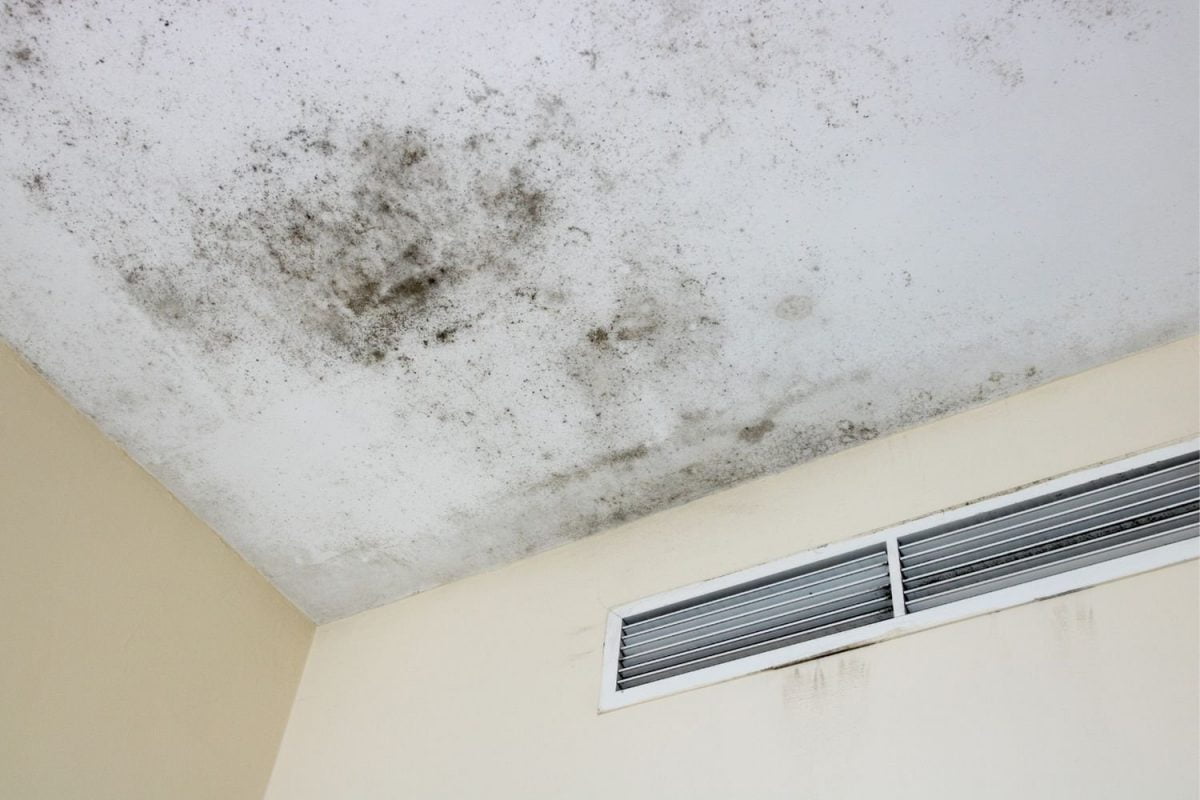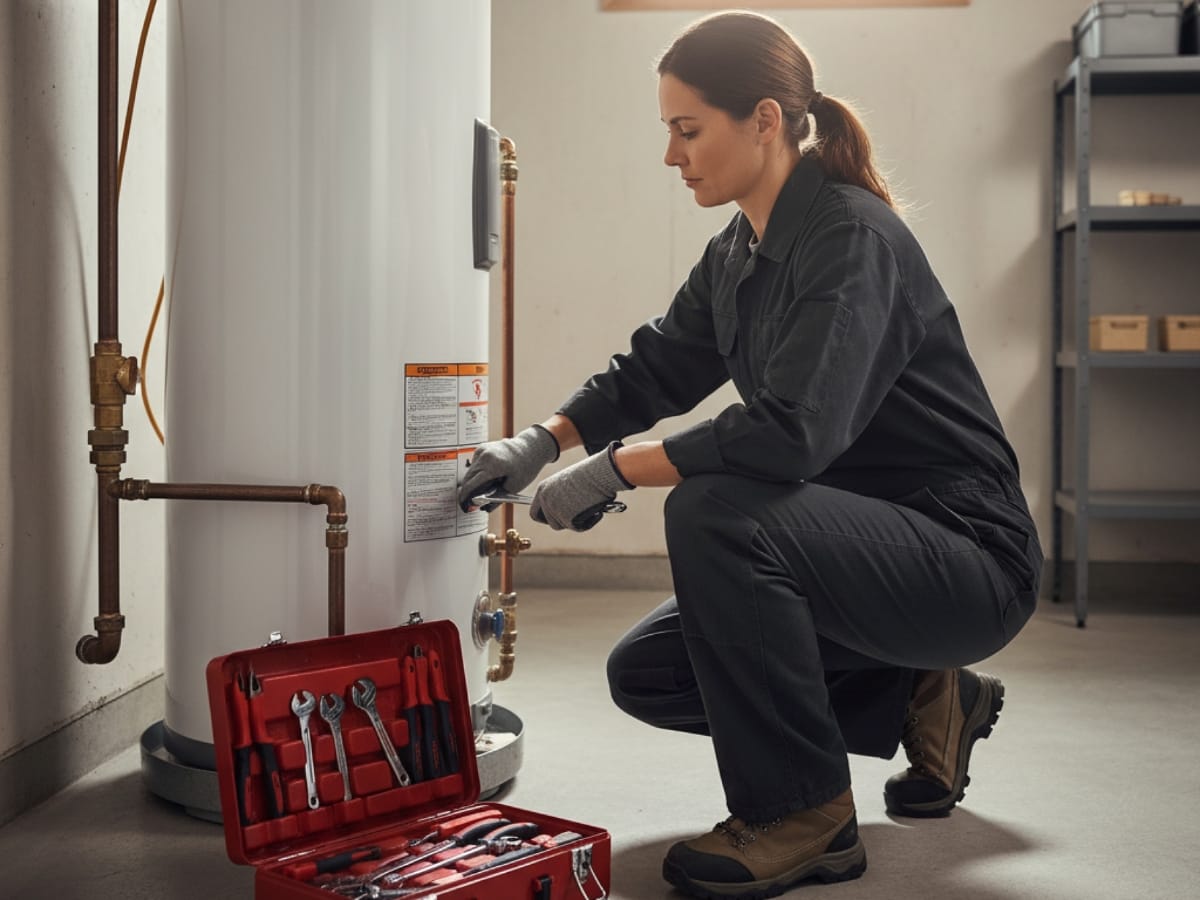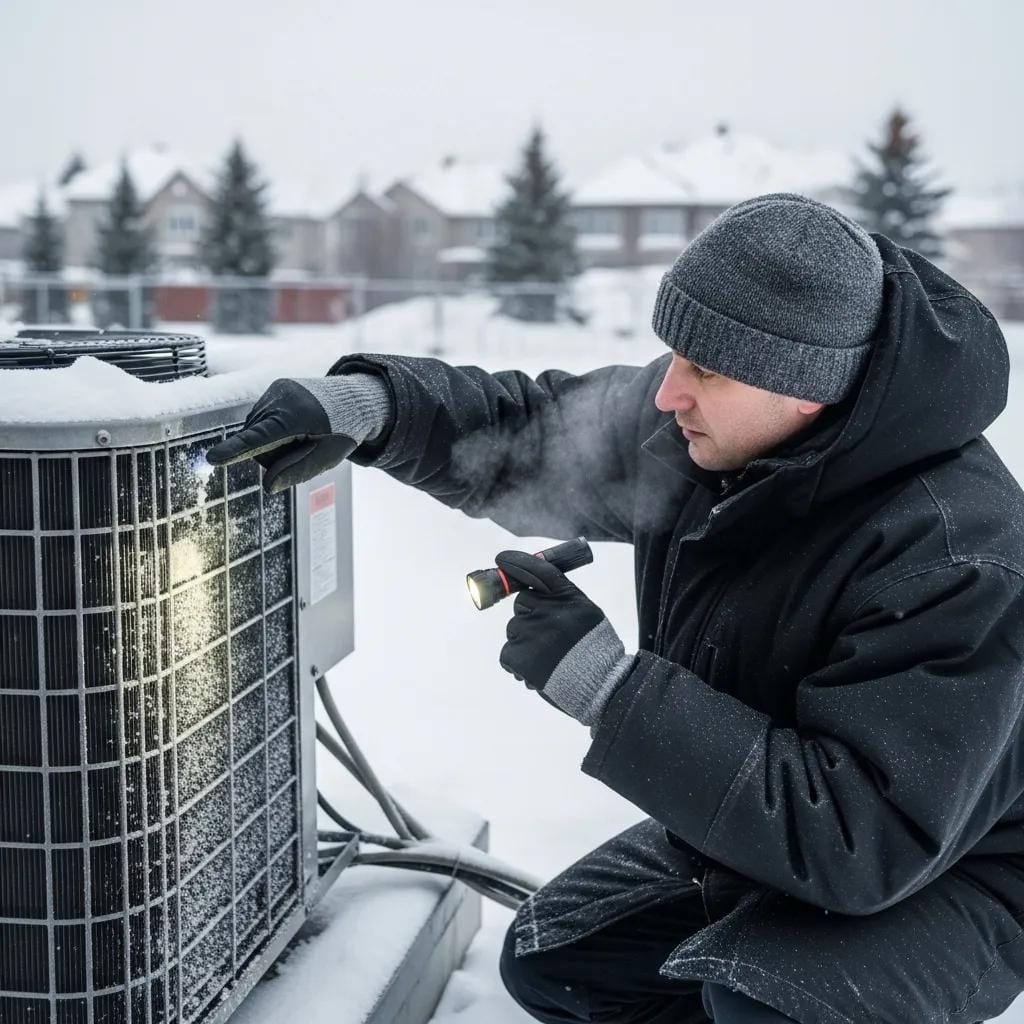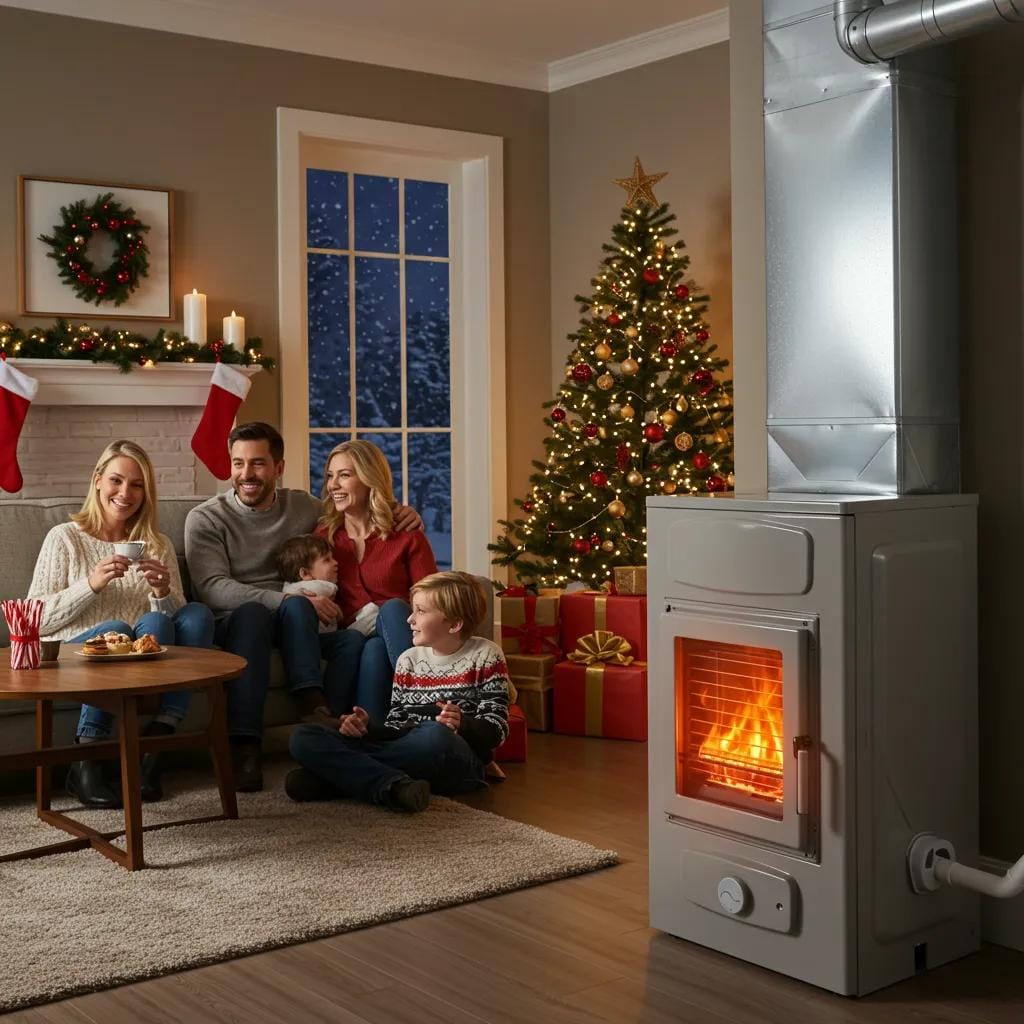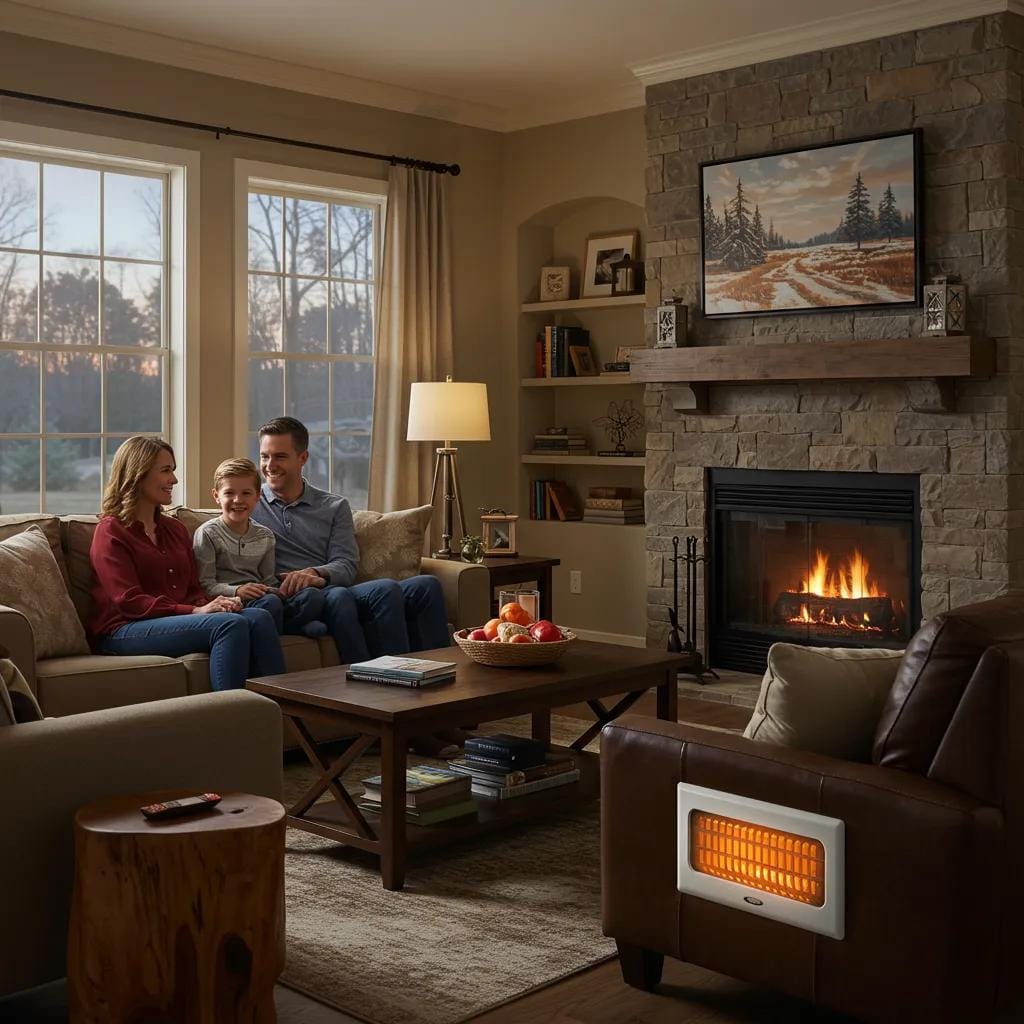According to the Environmental Protection Agency (EPA), mold in HVAC can if it’s not properly managed. Mold can be extremely dangerous, and it’s important to take action if you observe any of the following signs of mold growth in your HVAC system:
- Signs of Mold in HVAC System
- Health Dangers of Mold in HVAC System
- Is It Time To Call A Professional?
What are the Signs of Mold in HVAC System?
The signs of mold in HVAC system can include the presence of black or green spots on walls, ceilings, or floors; a musty smell; or a change in the air quality.
1. The system smells musty or mildew.
Mold can be a serious health hazard in any indoor environment, but it is especially dangerous in the HVAC system because of the high concentrations of moisture and toxins present.
If you are experiencing a musty or moldy smell coming from your HVAC system, it is important to take action and contact a heating and cooling professional. Cool Pro is a reputable Atlanta company that offers replacement and repairs of air conditioning systems.
2. The system feels wet or slimy.
Mold can be a problem in any building, but it’s particularly concerning in air conditioning and heating systems.
If mold is found in these systems, it can cause serious health problems for people who are sensitive to mold. In addition, the presence of mold can significantly reduce the efficiency of the system.
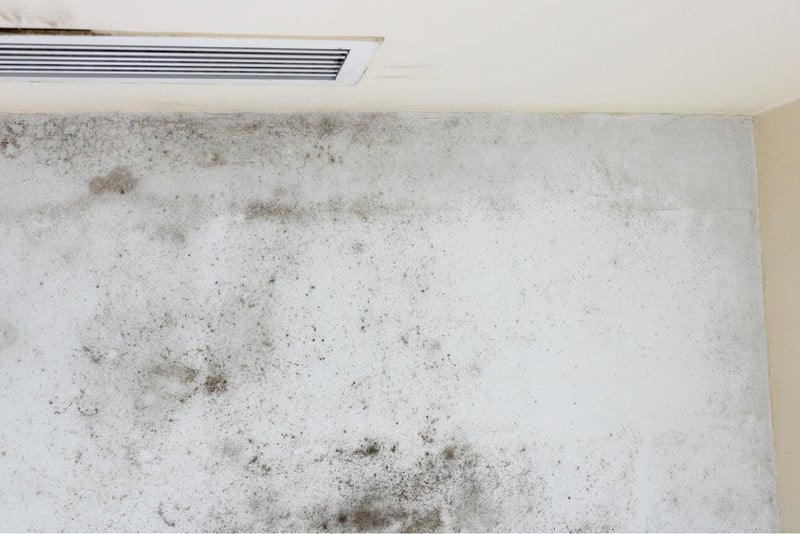
3. Black or green substance on the walls, ceilings, or floors.
If you notice black or green substance on the walls, ceilings, or floors of your home or office, it is best to have your HVAC system checked out by a professional.
4. White powdery substance on the walls, ceilings, or floors.
If you notice any white powdery substance on surfaces in your home or office building, be sure to contact a professional as soon as possible. This could be evidence of a problem with mold and may require professional help to fix it. Cool Pro provides the most timely and professional heating and cooling services.
5. The heating or cooling system is not working properly.
There are signs that the HVAC isn’t working properly because of mold. First, try to identify any areas in your home where there is a lot of wet or dampness, which could be a sign that mold is growing.
Second, test the air quality in your home by using an air quality monitor and see if the levels are high enough to be concerning.
What are the Health Dangers of Mold in HVAC System?
There is a lot of debate surrounding the health dangers of mold in HVAC system. However, there are some key points that should be kept in mind.
Mold can cause asthma in people who are sensitive to mold.
Mold can produce allergens and respiratory problems, particularly in people with asthma or other respiratory disorders.
It can also cause allergic reactions and skin irritation. In extreme cases, mold can cause serious health problems such as lung infection, pneumonia, and even death.
Mold can cause health problems if it is inhaled or if it gets on the skin.
Mold can also grow in humidifiers, air conditioning units, and other places where moisture is present. Mold in HVAC can cause skin problems in people who are exposed to it, including those who work in an area with high mold levels.
- Itchy, irritated skin
- Redness and swelling on the skin
- Itching and discharge from the skin
- Swelling of the eyelids, face, or hands
Mold can cause health problems if it is ingested.
Mold can be a health problem if ingested. The most common health problems associated with mold exposure are asthma, allergies, and sinus infections.
Mold can also cause serious respiratory problems, including pneumonia, and it can also increase the risk of developing cancer.
Mold can cause health problems if it is in a closed space where people breathe in the spores.
Mold can also cause a fire if it is in a building with flammable materials. In either case, it is important to get the mold removed as soon as possible to prevent any health problems or property damage.
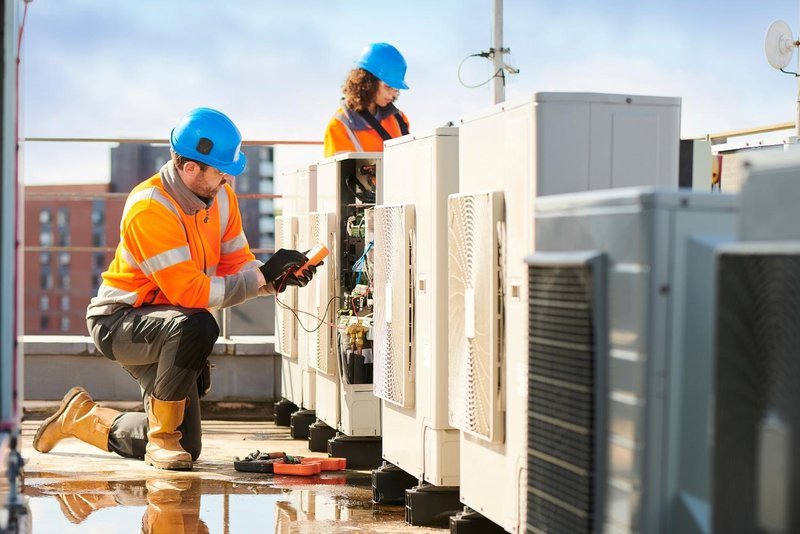
Is It Time To Call A Professional?
Mold in HVAC system can be harmful. It can release toxins that can damage your system and increase your energy bills. If you see mold growing in your home or business, contact a professional to treat the mold and protect your HVAC system.
If you suspect that you have mold in HVAC, you should take the following steps:
- Remove all items that could be moldy, such as carpets, furniture, and insulation.
- Open all windows and doors to allow fresh air into the room.
- Clean all surfaces and surfaces that come in contact with air, such as the walls, ceiling, and floor.
- Contact your local EPA office to get more information about the dangers of mold.
- Contact your local HVAC professional for a consultation.
Conclusion
If you’re noticing any signs of mold in HVAC, it’s important to take action and contact a heating and cooling Atlanta professional or you can call us at 770-694-6232.

